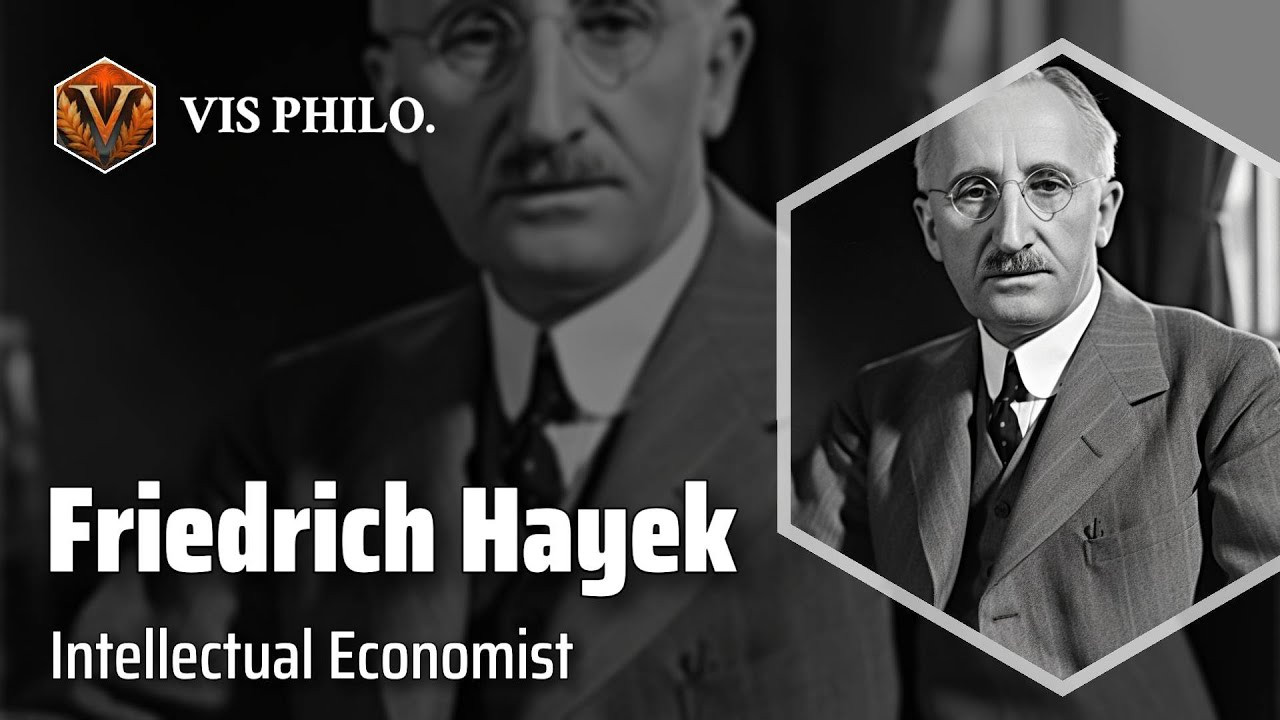Tomorrow, the Nobel Prize in Economic Science will be announced.
Probably no single event is more responsible for the initial success of the efforts by Israel Kirzner and Murray Rothbard to generate a revival of interest in the Austrian School of Economics in the academic practice of economic science and scholarship than F. A. Hayek winning the Nobel Prize in 1974, following the South Royalton Conference just that past summer.
I use italics above to emphasis the academic side of that argument. There was always a small but deeply committed base of popular support for Austrian economics among free market types in business and public policy. My own undergraduate teacher, Hans Sennholz, to whom I owe so much, focused his energy in this direction, giving public lectures and focusing on popular and policy-relevant writing. It is important to stress that the Keynesian revolution, and more importantly, the Samuelsonian hegemony in scientific economics had reduced the impact of the Austrian School of Economics almost to non-existence by the early 1970s. The older Austrian economists, such as Fritz Machlup at Princeton, had long ceased self-identifying as “Austrian,” though they were very proud of their scientific origin story. They just believed that what was good and long-lasting contributions of the Austrian School was now absorbed for the most part into the common knowledge of neoclassical economics.
Among the only professionally prominent resisters to this trend were Israel Kirzner, Ludwig Lachmann, and Murray Rothbard. They would have the sympathetic ear of prominent economists such as Armen Alchian, Kenneth Boulding, James Buchanan, Ronald Coase, Harold Demsetz, Axel Leijonhufvud, Henry Manne, G. L. S. Shackle, Gordon Tullock, and Leland Yeager. Those individuals played a significant role in aiding the efforts of Kirzner in particular on various margins, especially in the 1970s and 1980s.
Rothbard, by the early 1970s, had shifted his focus primarily to libertarianism and building an architectonic system in economics, ethics, and political theory. It is an impressive body of work- ambitious in scale and scope, and inspiring. But Rothbard shifted his focus away from technical economics to this broader project, and his work was directed at a wider interdisciplinary audience, rather than narrow specialists.
Lachmann spent the better part of the 1950s and 1960s in academic administration, and only in the early 1970s did he return to address topics he had started to work on in the 1950s after his work on capital theory — namely Max Weber and the study of institutions. The Austrian revival brought him back to work on questions of subjectivism, expectations, market process, and the methodology of the social sciences. This can be seen in his 1976 JEL article “From Mises to Shackle“.
But most of the heavy lifting of trying to get a hearing for the contributions of the Austrian school within the scientific establishment fell to Israel Kirzner. Kirzner was the self-identified Austrian teaching in a top PhD program (NYU) and capable of supervising dissertations and help launch careers. But such efforts were herculean against the hegemonic Samuelsonian paradigm.
The challenge of scientific advancement remained the same throughout Kirzner’s career, but the opportunities for advancement moved from insurmountable odds to simply very long odds due to Hayek’s winning of the Nobel Prize in 1974, and then subsequent developments in the world of ideas- the breakdown of the Keynesian consensus and the world of practical affairs (stagflation of the 1970s, collapse of communism in 1980s). Hayek’s Nobel opened the intellectual space for ideas in the science of economics that were adjacent, such as property rights economics (Alchian), law and economics (Coase), public choice economics (Buchanan and Tullock), and entrepreneurial market process economics (Baumol and Kirzner).
We must acknowledge that the experience around Hayek’s Nobel is unique. First, he shared the prize with Gunnar Myrdal, an economist the polar opposite of Hayek ideologically, and neither man liked the other. Second, there is Hayek’s toast at the banquet. Hayek let his audience know that had he been asked if a Nobel Prize in Economics should be established he would have said NO. As he put it: “the Nobel Prize confers on an individual an authority which in economics no man ought to possess.” Third, in his Nobel Lecture, Hayek begins by stating clearly that economists have made a mess of things in the policy world and have nothing to be proud of. He then argued that economists have made a mess of things because they followed a wrong theoretical framework (namely Keynesianism and the corresponding theory and practice of aggregate demand management), and they followed this wrong framework because they adopted the wrong philosophy of science (what he dubbed scientism).
Economics is a science of complex phenomena, not a science of simple phenomena. The methods appropriate for the one are wholly inappropriate for the other. In fact, Hayek argued, the methods that appear the most scientific, will in fact be the least, and those that appear least scientific may be the most. Furthermore, Hayek continued that unless economist correct their error not only will the science of economics border on charlatanism, but the practitioners of economics will become tyrants over their fellow citizens and destroyers of civilization.
I think it is perhaps safe to say that Hayek’s Nobel Lecture is the most aggressively critical lecture of the scientific establishment given in the history of those lectures. Charlatanism, Tyrants, Destroyers – hard to imagine a harsher condemnation. Other Prize winners would be critical no doubt — Buchanan, Coase, North, Ostrom, for example. But Hayek’s criticism was harsh and represented an indictment of the entire post-WWII enterprise in theory and application. Hayek was there not to win friends and influence people, but with a take no prisoners mentality, a radical departure from the contemporary practice.
Economics properly understood was a tool for social understanding, to conceive of the discipline as a tool of social control was a sick perversion. He had to make that message clear to his scientific peers to challenge their intellectual complacency, and the special privileges bestowed upon them by governmental authorities to which they had become addicted. Carl Menger, the founder of the Austrian School, described economics as it was practiced as a science of control, as ‘Prussian Police Science’ – that was not a compliment. Fine tuning or being an efficiency expert for the state required economists to engage in tasks which required knowledge that their scientific enterprise cannot possibly deliver on, and thus to demand it, and pretend to provide it, destroys the science and the intellectual heritage of the grand tradition of political economy dating from Adam Smith onwards. Scientism kills science. The pretense of knowledge comes from scientism, not scientific inquiry.
This year is the 50th anniversary of Hayek’s Nobel. Cato’s Podcast had Bruce Caldwell and me on to discuss this and some other topics. Caldwell several years ago wrote a wonderful paper detailing Hayek’s experience in winning the Nobel, including the reaction to his lecture by the profession. Hayek’s Nobel Lecture is still the only such essay to receive a “revise and resubmit” recommendation when submitted for publication in the winner’s “home journal” — in Hayek’s case it was the LSE journal Economica, which he had at one time served as editor. He chose not to revise, and instead published it in the Swedish Journal of Economics.

















